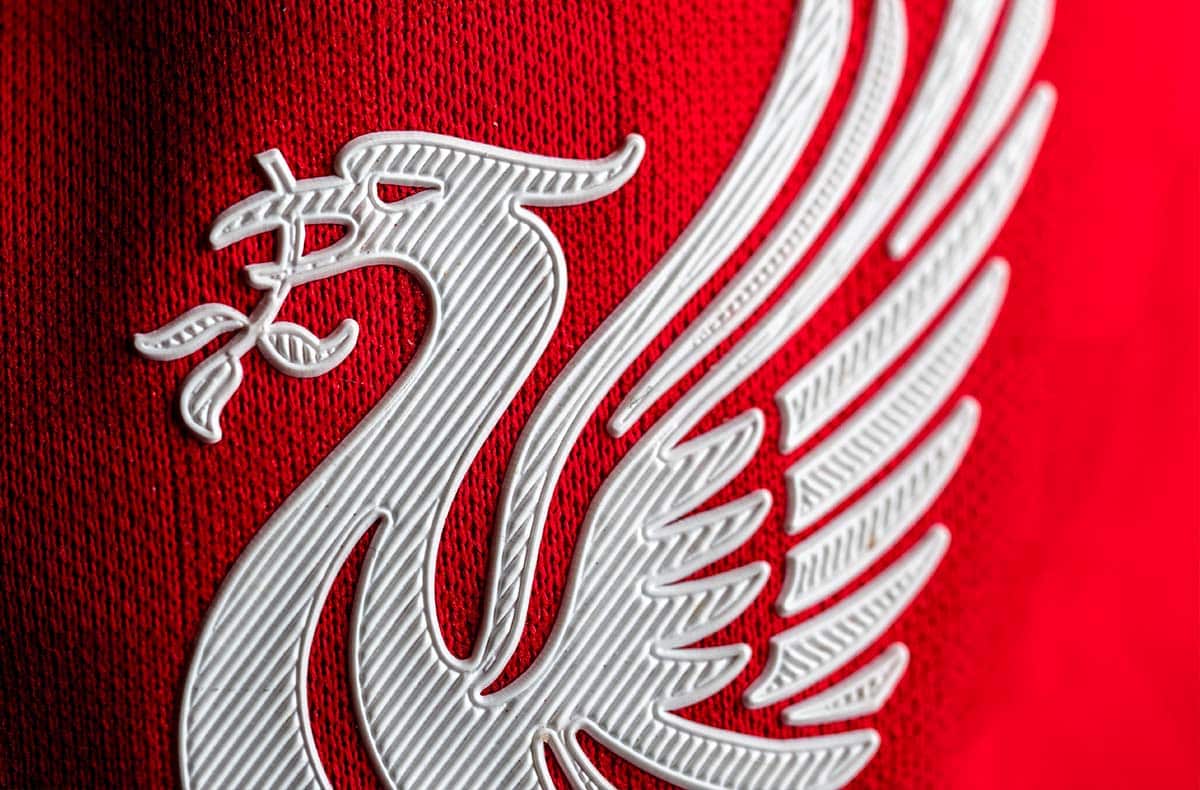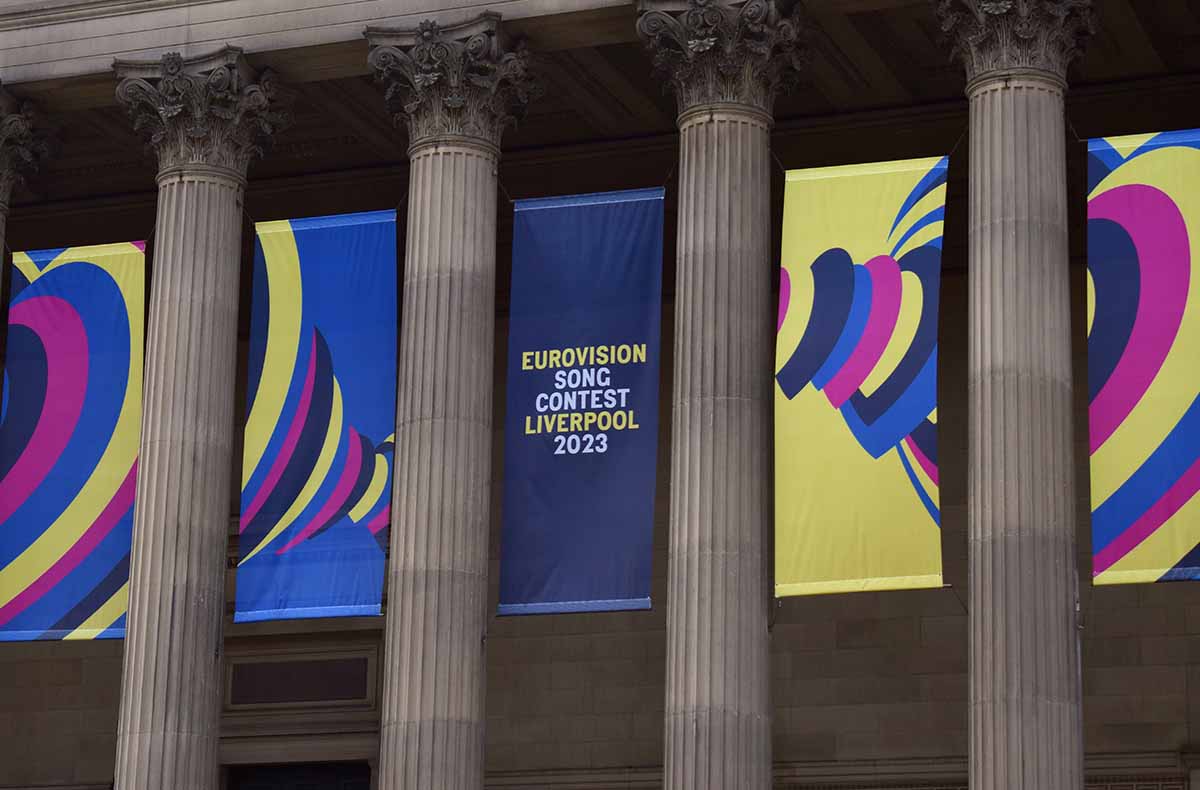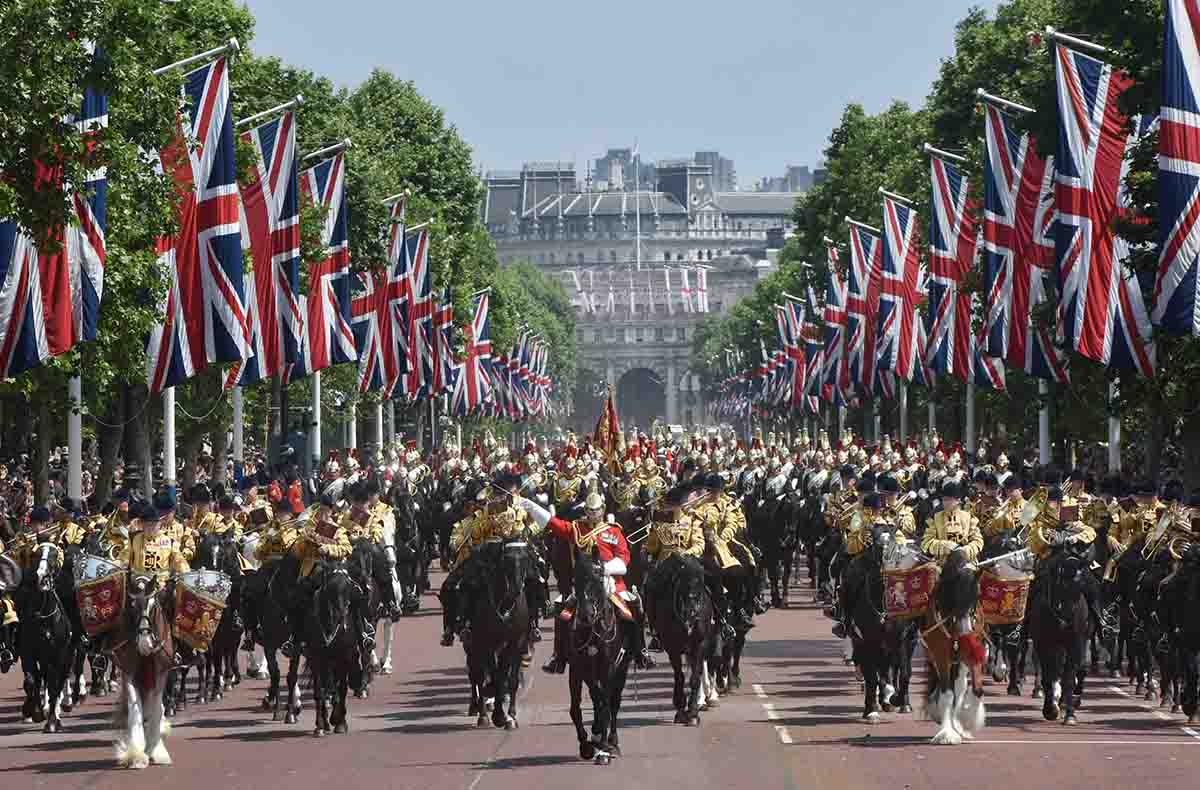
One of the most unsettling scenarios for a sports fan is when their team is put up for sale. It feels personal. Part of your soul is being hawked around to the highest bidder. This underlines the reality that something you believe is yours, actually belongs to someone else.
Liverpool Football Club is now in the shop window. The owners, Fenway Sports Group (FSG), have engaged two investment banks and have prepared an Information Memorandum for potential buyers.
Liverpool is an iconic club. Their supporters did not invent terrace culture, but they brought it to global attention. Nowhere in the sport is more famous than the Spion Kop end at Anfield stadium.
An accident of fate created the Kop’s legend. In April 1964, the BBC’s flagship Panorama documentary came to Merseyside for the final home game of the season on a day when the team were crowned champions of England. What really captivated the television cameras, though, were the 48,623 spectators.
“They don’t behave like any other football crowd,” the presenter gushed. “Especially at one end of Anfield ground, on the Kop.”
Almost half the people present were standing on this vast terrace and they swayed and sang before and during the game, amazing the BBC reporter. “The music the crowd sings is the music Liverpool has sent echoing around the world,” he said as thousands chanted “She Loves You” by The Beatles.
That explains why the BBC were in town. It was not for the match, but because the Fab Four had become a global phenomenon. Liverpool—the city and the team—were sidebars to the epic story of The Beatles. But in the days before football was televised, this was the first sight a large proportion of the public had of the collective passion that the game inspires. From that moment, Anfield became the exemplar of terrace tradition. Supporters across Britain had sung in unison for decades, but the broadcast gave the spectacle a wider audience.
Had The Beatles burst onto the scene a year earlier, the cameras would have gone to Everton’s Goodison Park, less than a mile away from Anfield. Everton won the league in 1963. But for timing, their Gwladys Street end might have had the status of the Kop.
Any new buyer purchases a club’s history and identity. The estimated £4 billion price tag for Liverpool brings with it a catalogue of remarkable memories and performances, a succession of trophies and a list of feats that verge on legendary. Liverpool sides have won the English title 19 times and been champions of Europe on six occasions. There have been darker moments, too.
At the 1985 European Cup final against Juventus in Brussels’s Heysel Stadium, fanaticism crossed the boundaries of decency and the behaviour of supporters contributed to the deaths of 39 people. Four years later there was a tragic incident that was not of Liverpool’s making. An unsafe terrace and catastrophic mistakes by the police led to 97 people dying as a result of a crush on the Leppings Lane terrace at Hillsborough, Sheffield, at an FA Cup semi-final against Nottingham Forest. This heritage, with its light and shade, is up for auction.
Since 1964, Liverpool has been one of English football’s dominant clubs. Only Manchester United compares in terms of fanbase and worldwide renown. That hegemony has been challenged in the past decade by Manchester City, who is owned by Sheikh Mansour, the deputy Prime Minister of the United Arab Emirates and a member of Abu Dhabi’s royal family. This has given City access to almost unlimited spending power and transformed a club that was traditionally much lower in the pecking order into one that is dominating the Premier League. City has won four of the past five titles and a haul of other silverware.
The emergence and strength of City—and the threat of other state-owned clubs—has played a large part in FSG’s thinking and their divestment strategy. Saudi Arabia controls Newcastle United and Qatar owns Paris Saint-Germain. Jurgen Klopp, Liverpool’s manager, said last month that “it is not possible” to compete with teams that have access to the resources of a nation.
For many Liverpool fans, the main criticism of FSG has been their refusal to match City’s spending in the transfer market. So what comes next? What kind of new owners would suit Anfield’s supporters?
This is where it gets complicated. A large proportion of Kopites have been extremely critical of City for skewing the competitive balance of the game. They have used social media to highlight human-rights abuses in Abu Dhabi and howled with outrage when City escaped sanctions on a technicality for breaking UEFA’s financial fair play rules. If the next owner of Anfield is a Sheikh, it will take significant philosophical contortions for many fans to justify continuing their support.
There is another complication, too. Deep in the fanbase’s psyche—particularly among locals—there exists what could be called the “socialist delusion.”
This, again, can be traced back to the early 1960s. Bill Shankly, the founding father of the modern Liverpool, was a former miner. He came to Anfield in 1959 and turned a provincial backwater into a European superpower.
Shankly frequently evoked politics. His left-wing approach dovetailed with the views of many on the Kop. “The socialism I believe in is everybody working for the same goal and everybody having a share in the rewards,” he said. “That’s how I see football, that’s how I see life.”
Football was rapaciously capitalistic in Shankly’s day. It is even more cut-throat now. Yet Liverpool supporters have maintained the socialist self-image even under the tenure of a consortium of American businessmen. FSG have been relatively benign and have taken barely any cash out of the club. If another syndicate of venture capitalists buy Anfield, it may be even harder to square this identity circle.
It is difficult to see a buyer who would do anything other than fatally undermine Shankly’s enduring myth. The Kop has clung to a sense of common purpose since Panorama introduced it to the world. FSG could never quite understand that spirit. The owners will sell it, nonetheless.
Whoever takes over Liverpool, it will provoke a crisis of conscience. Soul-selling does that to people.



